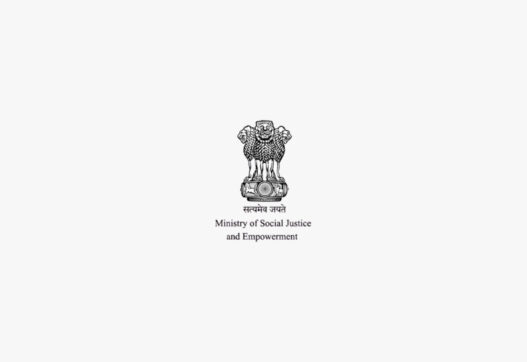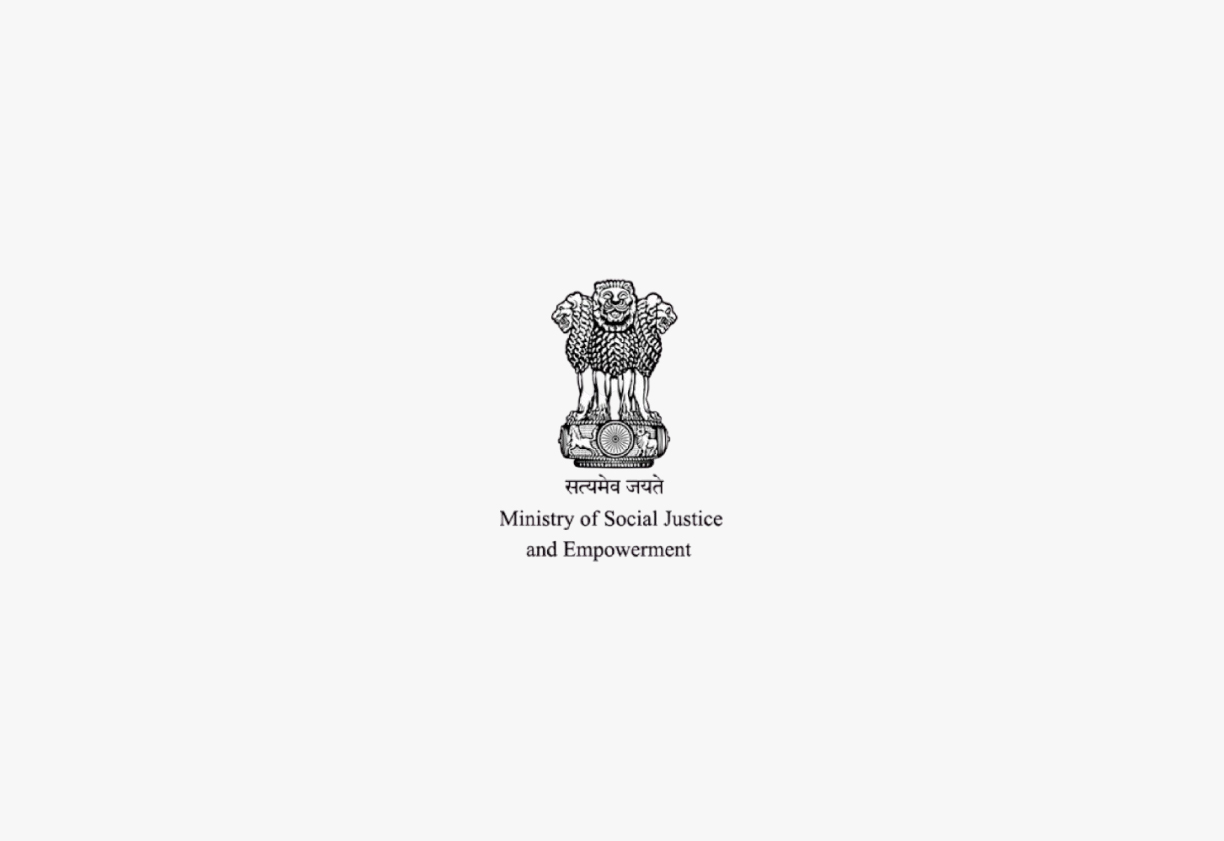Ministry of Social Justice and Empowerment
The National Commission for Safai Karamcharis Act, 1993, established a National Commission to investigate and address the socio-economic problems faced by safai karamcharis (sanitation workers) in India. This community has historically faced discrimination and challenging working conditions. The Act aimed to empower the Commission to recommend specific programs, investigate grievances, monitor the implementation of welfare schemes, and promote equality and social justice for safai karamcharis. This Act falls under the Ministry of Social Justice and Empowerment.
Enactment Date, Number of Chapters, Number of Sections:
The Act was enacted on September 4, 1993, and came into force on August 12, 1994. It consists of four chapters and 15 sections.
Act Governed By:
The Act establishes the National Commission for Safai Karamcharis, which is primarily responsible for its implementation. The Central Government plays a role in appointing the Commission’s members, consulting with the Commission on policy matters, and receiving its annual reports.
On Whom It Is Applicable:
The Act’s provisions primarily apply to the National Commission for Safai Karamcharis, its members, officers, and staff. It also affects government agencies, local authorities, and other organizations responsible for implementing welfare programs for safai karamcharis.
Penalties/Punishments:
The Act doesn’t specify penalties directly. However, it empowers the Commission to investigate grievances and recommend actions, which can lead to consequences for individuals or organizations found to be violating the rights or neglecting the welfare of safai karamcharis.
Important Pointers:
-
Establishes a National Commission for Safai Karamcharis.
-
Defines the Commission’s functions, including recommending action plans, investigating grievances, and monitoring program implementation.
-
Empowers the Commission to call for information from government and local authorities.
-
Requires the Commission to submit annual reports to the Central Government.
-
Provides for the appointment of officers and staff for the Commission.
-
Protects the Commission and its members from legal proceedings for actions taken in good faith.
-
Empowers the Central Government to make rules for the Act’s implementation.




